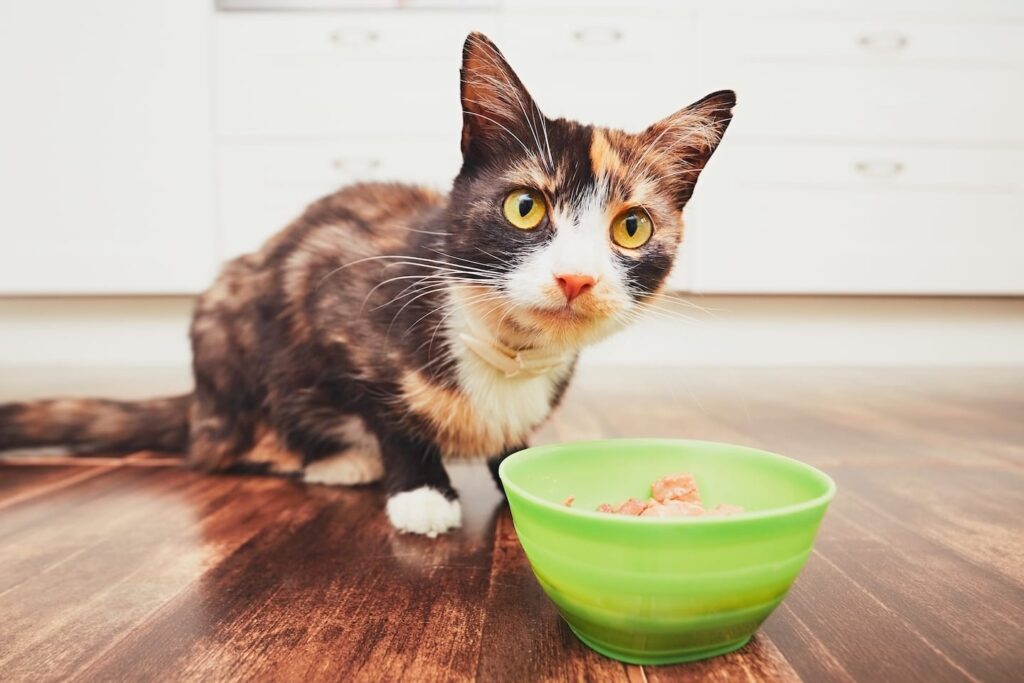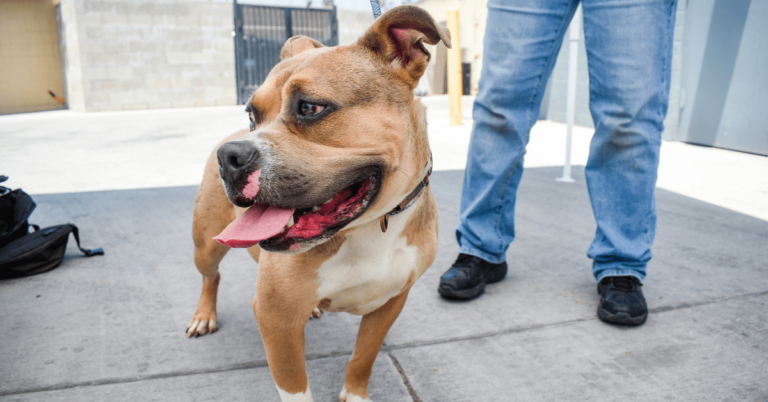Summer Diet and Nutrition for Cats and Dogs

You might have noticed that your diet or weight gets a little wonky during the summer. This might be due to an increase or decrease in exercise or calorie intake. And you know what? The same thing can happen to your pets. Warmer days might mean you have to feed your pet more or less food. Read on to learn more about summer diet and nutrition!
The Research
If you’ve noticed that your pet’s appetite fluctuates throughout the year, then you’re not alone. There haven’t been many studies on cats and dogs and seasons effects on appetite. However, some French and English researchers found that appetite might decrease during the summer.
One study on cats yielded results indicating that cats might eat more during January, February, October, November and December. The same cats ate the least in June, July and August. The study focused on both indoor and outdoor cats, but the populations were too small to result in statistically significant findings. Basically what this means is that they needed to study more cats to determine if the findings are scientifically sound.
What This Means for You
Whether or not these studies are ultimately conclusive, you need to pay attention to your pet’s diet. Seasonal fluctuations in daylight and temperature have been found to definitely alter hormone levels in mammals. This can affect metabolism and the amount of food an animal needs to stay happy and healthy.
So what kind of changes in your pet should you look for? The best indicators for whether or not you should feed your pet more are their weight and activity level. If your furry friend does nothing but nap in the sunshine in the summer, then you should feed them less. If they frolic in the yard all day, then you might want to feed them more.
Obviously, you should also pay attention to your pet’s weight. Your vet can advise you about a healthy weight for your pet and best feeding practices. In general, you shouldn’t be able to see their ribs, but should be able to easily feel them if you push gently on their torso.
Still have questions? Contact your veterinarian. Ultimately they’ll know how much to feed your pet and if you should increase or decrease their caloric intake during the summer.


